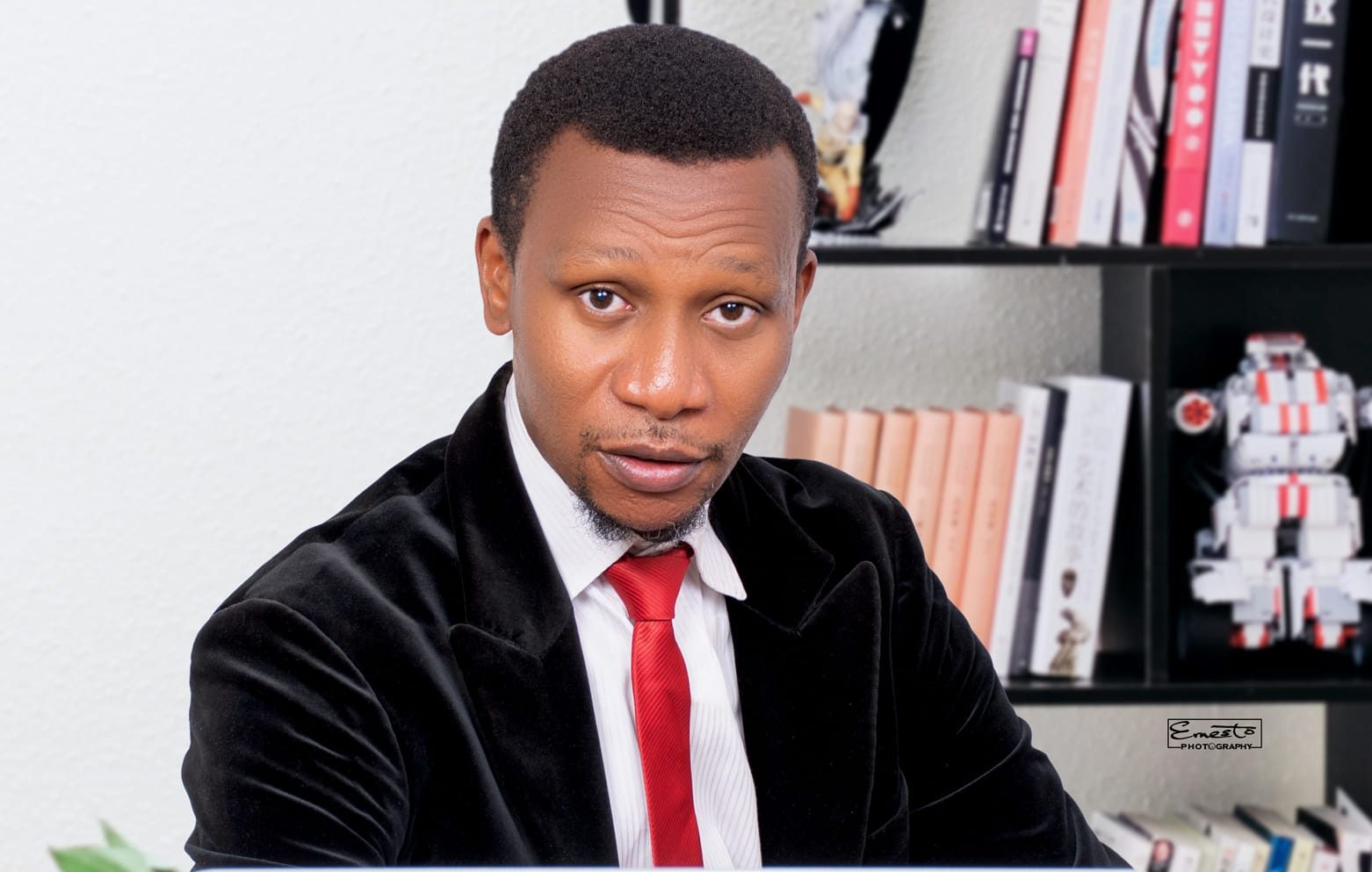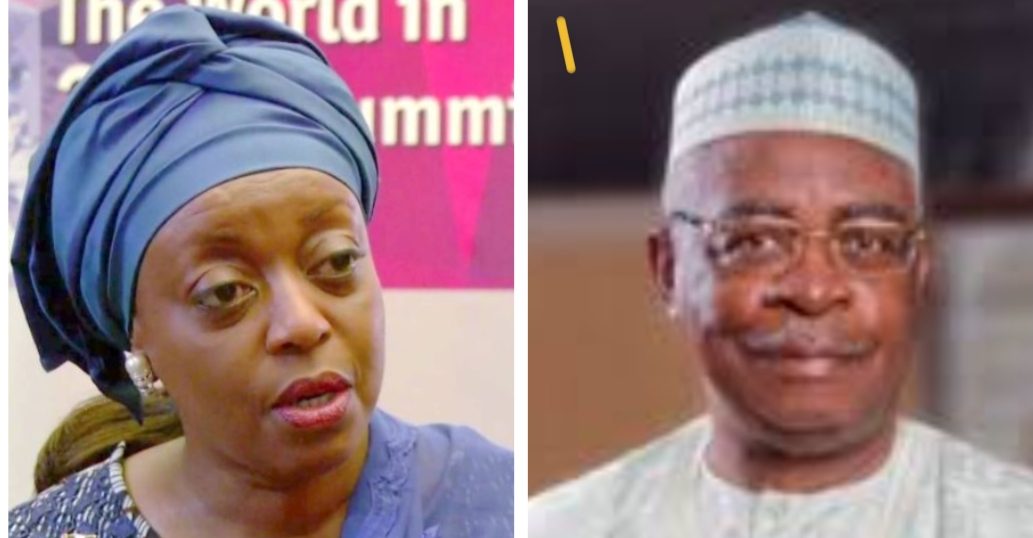President Bola Ahmed Tinubu’s presentation of the N49.7 trillion 2025 Appropriation Bill, christened the “Budget of Restoration,” has once again reignited discussions about Nigeria’s economic trajectory. The ambitious 35% increase from the 2024 budget aims to bolster education, healthcare, and security while promising a stronger economy. However, as laudable as the intentions are, the challenges they seek to address remain daunting.
A Balancing Act Between Growth and Sustainability
The proposed budget suggests optimism, with projections of a 3.46% GDP growth in Q3 of 2024, a significant leap from the previous year. This economic rebound, underscored by a trade surplus of ₦5.8 trillion and foreign reserves nearing $42 billion, paints a picture of progress. However, the fiscal deficit of ₦13.08 trillion raises concerns about the nation’s ability to manage debt sustainably, especially with ₦15.81 trillion earmarked for debt servicing—over 30% of the total expenditure.
Nigeria’s reliance on borrowed funds to finance its budgets has often been criticized for its long-term implications. While the administration’s focus on targeted fiscal stimulus is commendable, the heavy debt burden may constrain future developmental goals. A more sustainable approach could involve prioritizing domestic revenue generation through diversified economic activities and improved tax efficiency.
Sectoral Allocations: A Step in the Right Direction?
The budget allocates ₦4.91 trillion to defence and security, underscoring the administration’s commitment to tackling insecurity. However, considering the lingering challenges of terrorism, banditry, and kidnappings, this allocation must be matched with measurable outcomes. The ₦2.48 trillion for healthcare and ₦3.52 trillion for education represent incremental progress, but they may not sufficiently address the systemic issues plaguing these sectors.
For instance, while the Nigeria Education Loan Fund (NELFUND) disbursed ₦34 billion to over 300,000 students, this figure barely scratches the surface of the educational funding gap. Infrastructure development in the sector, including provisions for Universal Basic Education (UBEC) and new higher institutions, must prioritize quality over quantity. Similarly, the healthcare sector requires robust investments in human resources, infrastructure, and universal health coverage to ensure meaningful impact.
Economic Reforms: Progress or Peril?
The administration’s ongoing economic reforms, including tax restructuring and subsidy removal, are beginning to yield results. Yet, their implementation has placed a significant burden on the average Nigerian, with inflation at 34.6%. The ambitious target of reducing inflation to 15% in 2025 hinges on the success of these reforms and their ability to stabilize the naira and foster economic inclusivity.
While the focus on reducing reliance on food imports through enhanced security and promoting local production is commendable, its execution requires a concerted effort to address the structural challenges in agriculture, including poor storage facilities, inadequate infrastructure, and limited access to financing for farmers.
Restoration or Rhetoric: The Missing Links
To achieve the lofty aspirations of the “Budget of Restoration,” the government must address key challenges:
1. Debt Sustainability: Adopt innovative strategies to boost revenue, such as formalizing the informal sector and leveraging technology for efficient tax collection.
2. Transparency and Accountability: Ensure that budgetary allocations translate to tangible outcomes, with periodic evaluations to track progress.
3. Inclusive Growth: Strengthen social safety nets to cushion the effects of economic reforms on vulnerable populations.
4. Private Sector Collaboration: Foster partnerships to drive investments in critical sectors, particularly education, healthcare, and infrastructure.
READ ALSO: Strange Christmas With No Rice Or Stew
President Tinubu’s optimism is a welcome departure from the despondency that has characterized previous administrations. However, translating vision into reality requires more than rhetorical assurances. The success of the 2025 budget lies in its implementation, and Nigerians deserve nothing less than a comprehensive, inclusive approach to national development.
- By Kennedy Onyegbado; Media Relations, Research, and Communications Strategist
Disclaimer: “The views/contents expressed in this article are the sole responsibility of Kennedy Onyegbado and do not necessarily reflect those of The World Satellite. We will not be responsible or liable for any inaccurate or incorrect statements contained in this article.”






